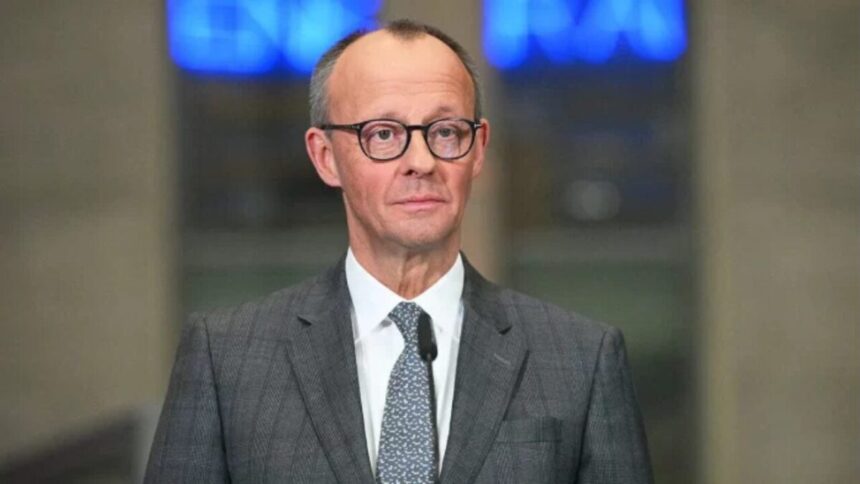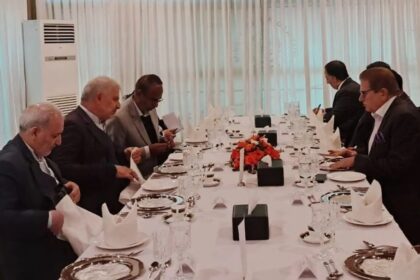RASC News Agency: While Western governments remain entangled in policy deadlock over how to deal with the Taliban regime in Afghanistan, Germany has clarified its position: it is engaging in what it calls “technical dialogue” with the group, but formal recognition of the Taliban remains entirely off the table. Friedrich Merz, the German Chancellor, reaffirmed this stance during a press conference in Berlin amid growing public discontent over migration policy. “Recognition of the Taliban is neither under consideration now nor will it be in the foreseeable future,” Merz stated firmly. He acknowledged that diplomatic ties between Berlin and Kabul were never officially severed, but emphasized that any current contact is strictly limited to technical matters and carries no political legitimacy for the Taliban.
Yet this raises an unavoidable question: Why would Germany initiate “technical cooperation” with a regime it refuses to recognize? According to international observers and political analysts, this seemingly pragmatic approach hides a far more complex and morally fraught agenda: the expulsion of Afghanistani asylum seekers, particularly those accused of criminal activity, back to Taliban-controlled territory. In his press appearance, Chancellor Merz confirmed that a deportation flight carrying rejected Afghanistani asylum seekers is already underway a controversial move made possible, he admitted, only after weeks of backchannel negotiations with the Taliban, brokered with the assistance of Qatar. What once seemed diplomatically impossible is now being carried out under the sanitized label of “technical coordination.”
This, in effect, is diplomacy without recognition cooperation without the photo ops or the handshake beneath a white Taliban flag. The German government insists that the individuals being deported have exhausted all legal avenues for asylum and no longer possess any legal basis to remain in the country. Yet this swift acceleration of deportations, especially in light of Afghanistan’s worsening human rights crisis, has drawn heavy criticism both at home and abroad. Germany’s official line remains clear: this is not political engagement but functional coordination. However, critics argue that such a distinction is a fig leaf, obscuring the ethical quandary at the heart of Western policy—how to manage domestic political pressures on immigration without offering de facto legitimacy to a regime that tramples on fundamental rights, especially those of women, minorities, and dissenters.
In its pursuit of immigration control, the German government appears to have entered a grey zone where realpolitik overshadows principle, and expediency trumps the very values that Europe claims to uphold. The Taliban, despite being diplomatically sidelined, benefit from this arrangement by gaining indirect acknowledgment and transactional relevance without being held accountable for their brutal rule. Afghanistani migrants are being sent back, but Western policy, too, is bending under pressure. This deeply contradictory strategy reveals not just a political compromise, but a profound moral impasse one that illustrates the West’s ongoing failure to confront the Taliban’s authoritarian reality with coherent, value-driven policy.






